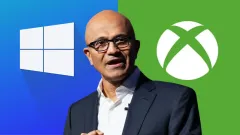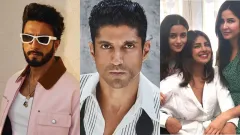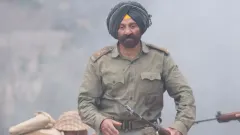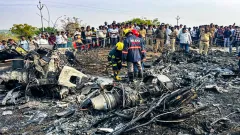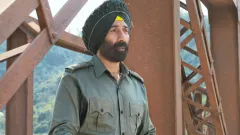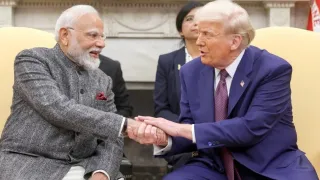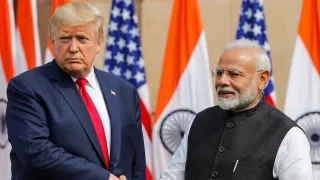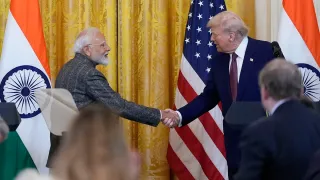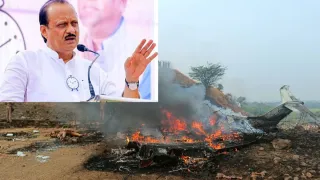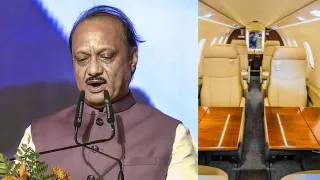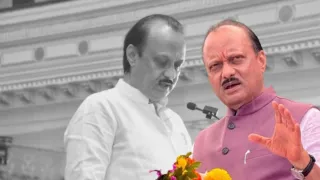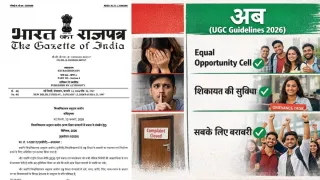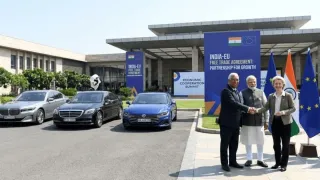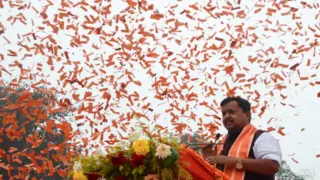The political temperature in Bihar just escalated. A day after Rahul Gandhi’s “Chhath drama” remark, Narendra Modi hit back with full force—connecting the debate over the festival Chhath Puja to cultural pride, heritage recognition and electoral stakes. At a rally in Muzaffarpur, Modi argued that the festival should not be dismissed as theatrics by his rivals, but rather elevated globally via a push for UNESCO heritage status.
Modi positioned his critique as more than mere politics: he accused the opposition of “insulting Chhathi Maiyya” and of reducing a deeply revered festival to a vote-bank gimmick. Meanwhile, his own government, he said, was actively working to have Chhath recognised among the world’s intangible cultural treasures. The message: culture, identity and politics are now tightly interlinked in the run-up to the Bihar assembly election 2025.
This confrontation raises fresh questions: Can a festival steeped in faith become a political football? What does heritage recognition truly mean in a heated electoral context? And how far will parties go in using cultural symbols to shape public sentiment? As Modi turned the spotlight on Chhath’s global visibility, the opposition is left scrambling to respond in a landscape where faith, heritage and politics meet.
Modi’s Heritage Pitch and Cultural Messaging
At the heart of the issue lies Modi’s declaration that the government is “trying to secure UNESCO Intangible Cultural Heritage status for Chhath Mahaparva.” He emphasized that the festival is a showcase of India’s rich culture, and that global recognition would raise awareness of its devotion, discipline and devotion to nature. :contentReference[oaicite:5]{index=5}
Modi further narrated a personal anecdote: “I listen to Chhath songs while travelling. I was once moved to listen to one of these songs rendered by a girl from Nagaland.” He juxtaposed that sense of cultural pride with what he described as his rivals’ scorn: “But while this son of yours is busy ensuring that Chhath gets the honour it is due, the Congress-RJD people are heaping scorn on the festival, calling it a drama.”
By invoking heritage recognition, Modi reframed the festival debate from local vote arithmetic to national identity and global cultural diplomacy. He suggested that dismissing Chhath as “drama” or “nautanki” is equivalent to belittling a tradition cherished by millions.
Opposition’s ‘Drama’ Comment and the Backlash
The spark that ignited this showdown was the “Chhath drama” remark attributed to Rahul Gandhi, who accused the ruling coalition of exploiting the festival and promises like the Yamuna clean-up for electoral gain. Modi seized on that line and made it central to his counter-narrative.
He asked pointedly: “When your son wants to make Chhath popular across the world, the Congress and RJD are insulting Chhathi Maiyya. Tell me – can anyone insult Chhathi Maiyya only for votes? Will Bihar and India tolerate it?” By casting the remark as an insult to faith and tradition, Modi shifted the battleground from policy to personal integrity and culture.
He also accused the opposition of decades of misrule: “What have the RJD and Congress done? There are five words – Katta (country guns), Kroorta (cruelty), Katuta (bitterness), Kushasan (bad governance) and corruption.” With this, the heritage pitch merged seamlessly into a wider assault on past governance.
Electoral Context and Cultural Symbolism
The timing of Modi’s pitch is no coincidence. The assembly election in Bihar is around the corner, and Chhath—celebrated by millions across Bihar, Jharkhand and eastern Uttar Pradesh—is a cultural anchor in the region. By spinning the heritage narrative, the BJP is staking a claim to cultural leadership. The opposition, meanwhile, risks being boxed into a position where faith and identity become part of the campaign battleground.
The heritage move also taps into a wider trend: previously, festivals like Kolkata’s Durga Puja achieved UNESCO recognition in 2021, setting a precedent that Modi referenced. :contentReference[oaicite:6]{index=6} With that backdrop, Chhath’s elevation is framed not just as a political promise, but as a cultural obligation and prestige project.
For rival parties, the challenge is how to respond. Do they defend their “drama” remark, double-down on critiques of governance, or pivot to culture themselves? The answer may shape how this festival-turned-political-symbol plays out in ballot boxes.
What It Means for Bihar and Beyond
For the people of Bihar, the debate carries real implications. Modi’s promise of wider recognition may boost tourism, regional pride and cultural visibility. Yet the flip side is that the festival’s significance becomes wrapped in partisan politics, potentially polarising communities. Some may feel their faith has been appropriated for vote-seeking, while others may feel that recognition is being used as a political tool.
Moreover, when a revered ritual becomes the center of political theater, the risk is that the ritual’s purity gets overshadowed. Modi’s mention of listening to songs from Nagaland hints at a unifying message, but in practise the festival’s association with one region and party may complicate that narrative.
Across India, this exchange raises broader questions about cultural festivals and their place in politics. When a festival becomes a campaign symbol, does it lose its devotional essence, or does it gain new meaning as a unifier? For Chhath, the push for UNESCO recognition and the battle over tradition both appear to be two sides of the same coin.
Also Read: Trump Rule Change May Cost Thousands of Indians Their Jobs





